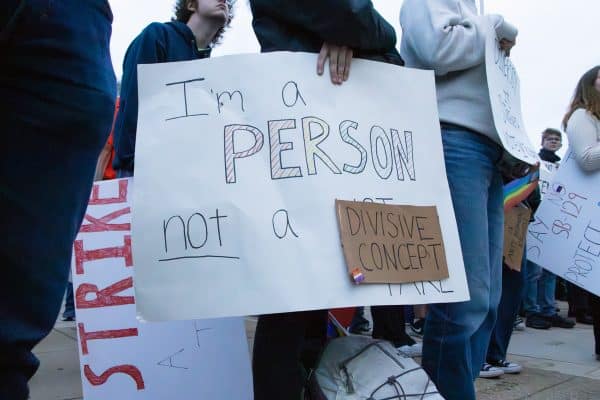Opinion | Anyone should be able to create a student organization
October 9, 2022
Joining a student organization may be one of the most rewarding experiences you can have at The University of Alabama. Clubs and organizations provide opportunities to connect with others, pursue extracurricular interests and step out of your comfort zone to try something new. With over 600 student organizations currently on campus, there is usually something for everyone.
Despite the large number of clubs and organizations, there is still the chance that a particular interest is not represented. Students who wish to start a new group can do so, but the process isn’t as easy as it seems.
Just glancing at the Office of Student Involvement’s “New Organization Info Packet,” one can quickly understand how complicated the process of forming a new student organization is. From finding an official faculty advisor, to working through a “provisional period” that entails completing various training requirements and meeting with the SOURCE Board Director of New Organizations, and so on, there are seemingly endless steps one must take just to be recognized as an official UA organization.
Of course, this doesn’t even acknowledge the additional legwork needed to effectively promote a new organization, secure appropriate funding, and begin planning and coordinating events and meeting times. All of which is juggled with the busy life of a student.
Fortunately, these hurdles have not prevented determined students from continuing to form new and successful organizations, with almost 30 organizations in their provisional period in August alone. But even so, this complicated process may still discourage many individuals from adding to the diversity of clubs and organizations here at the University.
Additionally, the concerns surrounding this process may be felt even more strongly by underprivileged and minority groups on campus. Students who must work in order to afford their education are likely going to find it even more difficult to start an organization because of the time-consuming nature of the associated requirements. Minority groups may find it challenging to attain strong support for a burgeoning club simply due to their underrepresentation on campus.
Obviously, much of the red tape which stands between students and the creation of new organizations is necessary — nobody wants guidelines that are so loose that the University begins inadvertently enabling unsafe environments or wasting funding on inactive organizations. There must be some middle ground between the current barriers to entry and a “Wild Wild West” approach.
Accessibility is key to ensuring that all students maximize their potential and get the most that they can out of their time here at the Capstone. As one of the pillars of our university, we must do our best to make sure that student organizations are as accessible as possible — and this includes the process by which they are founded.
The University and The SOURCE should review their current policies regarding new student organizations and ask themselves: can anyone who wishes to start a new organization do so? As of right now, the answer to that question seems less than clear.











